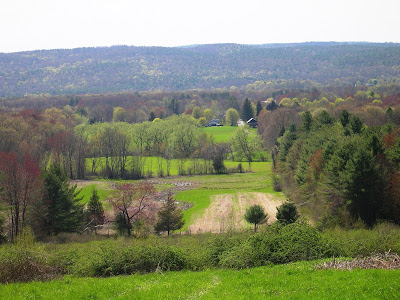Our Father
Image via Wikipedia
The Our Father, as most people know it, is a prayer given to us, according to scripture, by Jesus. Scholars disagree with the interpretation of the prayer, as well as the translation. However, most modern translations show Jesus giving these words to the disciples.
Matthew (6:9-13) writes:
9 “Pray, then, in this way:
‘Our Father who is in heaven,
Hallowed be Your name.
10 ‘Your kingdom come.
Your will be done,
On earth as it is in heaven.
11 ‘Give us this day our daily bread.
12 ‘And forgive us our debts, as we also have forgiven our debtors.
13 ‘And do not lead us into temptation, but deliver us from evil. [For Yours is the kingdom and the power and the glory forever. Amen.’]
2 And He said to them, “When you pray, say:
‘Father, hallowed be Your name.
Your kingdom come.
3 ‘Give us each day our daily bread.
4 ‘And forgive us our sins,
For we ourselves also forgive everyone who is indebted to us.
And lead us not into temptation.’”
Resources:
‘Our Father who is in heaven,
Hallowed be Your name.
10 ‘Your kingdom come.
Your will be done,
On earth as it is in heaven.
11 ‘Give us this day our daily bread.
12 ‘And forgive us our debts, as we also have forgiven our debtors.
13 ‘And do not lead us into temptation, but deliver us from evil. [For Yours is the kingdom and the power and the glory forever. Amen.’]
Luke (11:2-4) writes:
2 And He said to them, “When you pray, say:
‘Father, hallowed be Your name.
Your kingdom come.
3 ‘Give us each day our daily bread.
4 ‘And forgive us our sins,
For we ourselves also forgive everyone who is indebted to us.
And lead us not into temptation.’”
The doxology (additional words - "For thine is the Kingdom and the Power and the Glory, forever and ever.") appeared in other ancient texts of the Church. The early Church actually used the doxology at the end of the prayer. However, it was omitted from the Book of Common Prayer when it was originally written during the reign of Edward, the VI. Later, with Elizabeth, the First, the doxology was added once again.
Catholics do not say the doxology because they only use the words from the Bible. However, the words of the doxology are as ancient as the Christian faith, itself, being found within the writings of "Didache," which was written between 70-140 AD. (“Didache” [Did-ah-kay] simply means 'teaching'.)
Therefore, in answer to the question...the Protestant denominations use the doxology because Queen Elizabeth wanted to create a visible difference between the Church of England and Rome. The words, however, are ancient. While they do come from the early Church, they are not found in the Bible.
Therefore, in answer to the question...the Protestant denominations use the doxology because Queen Elizabeth wanted to create a visible difference between the Church of England and Rome. The words, however, are ancient. While they do come from the early Church, they are not found in the Bible.
Resources:



Comments